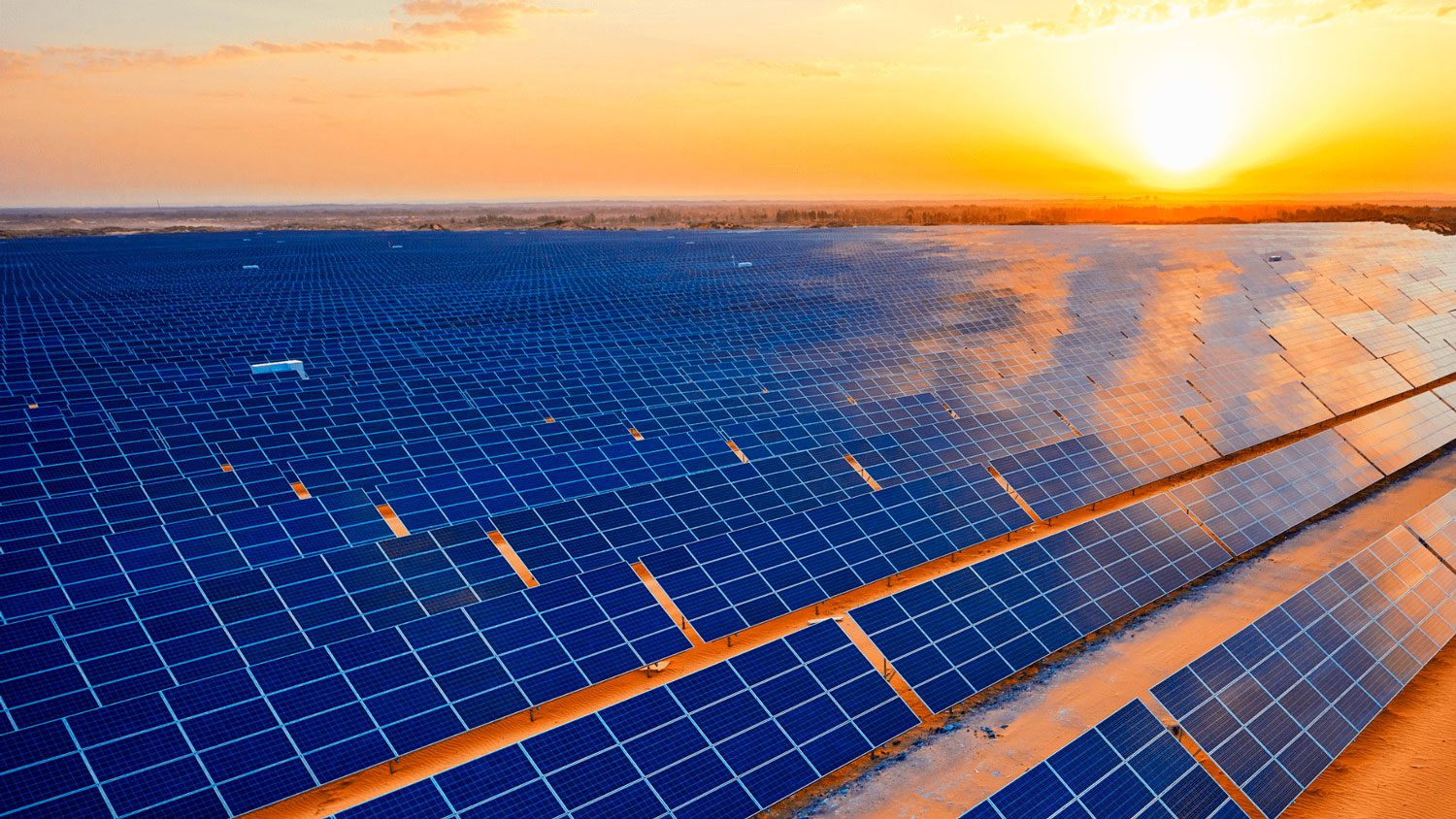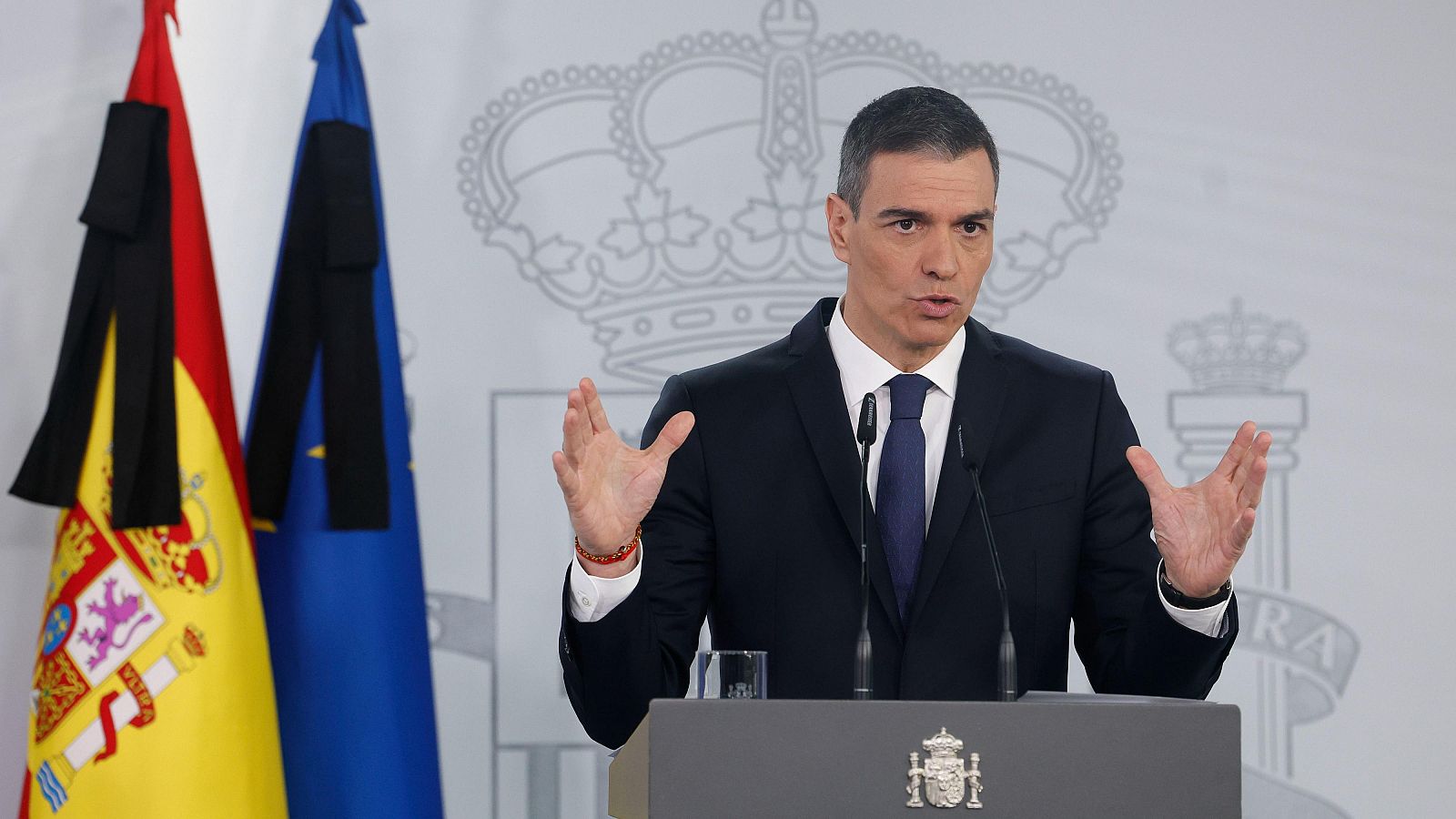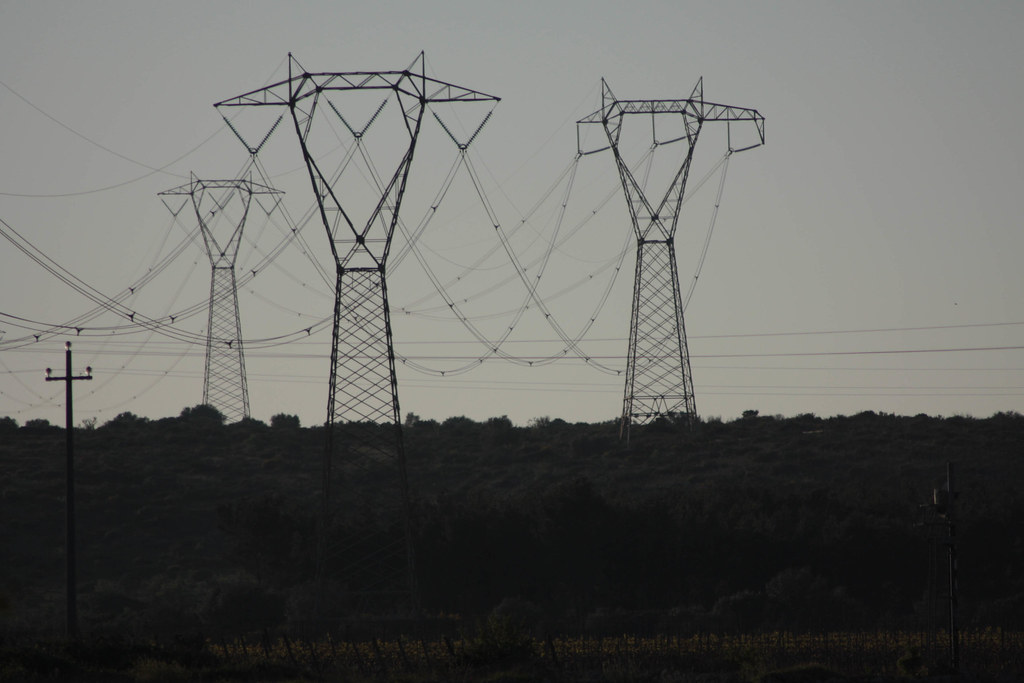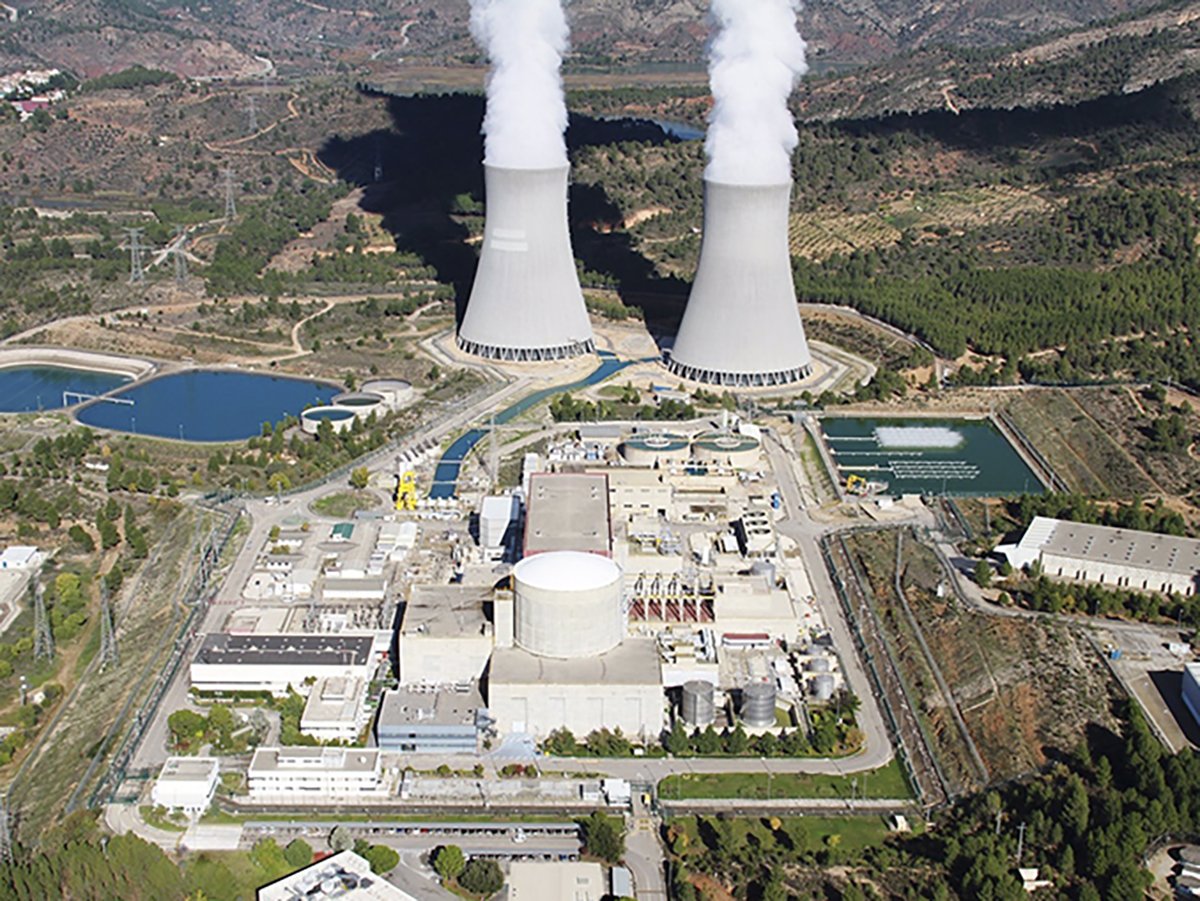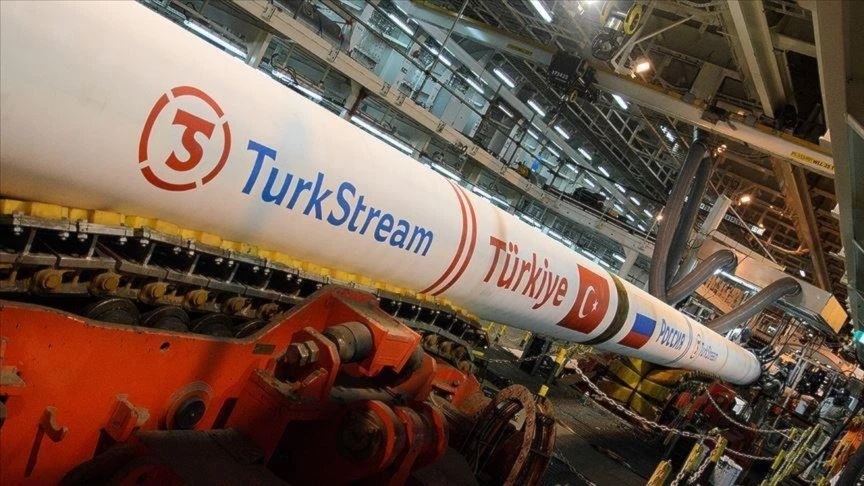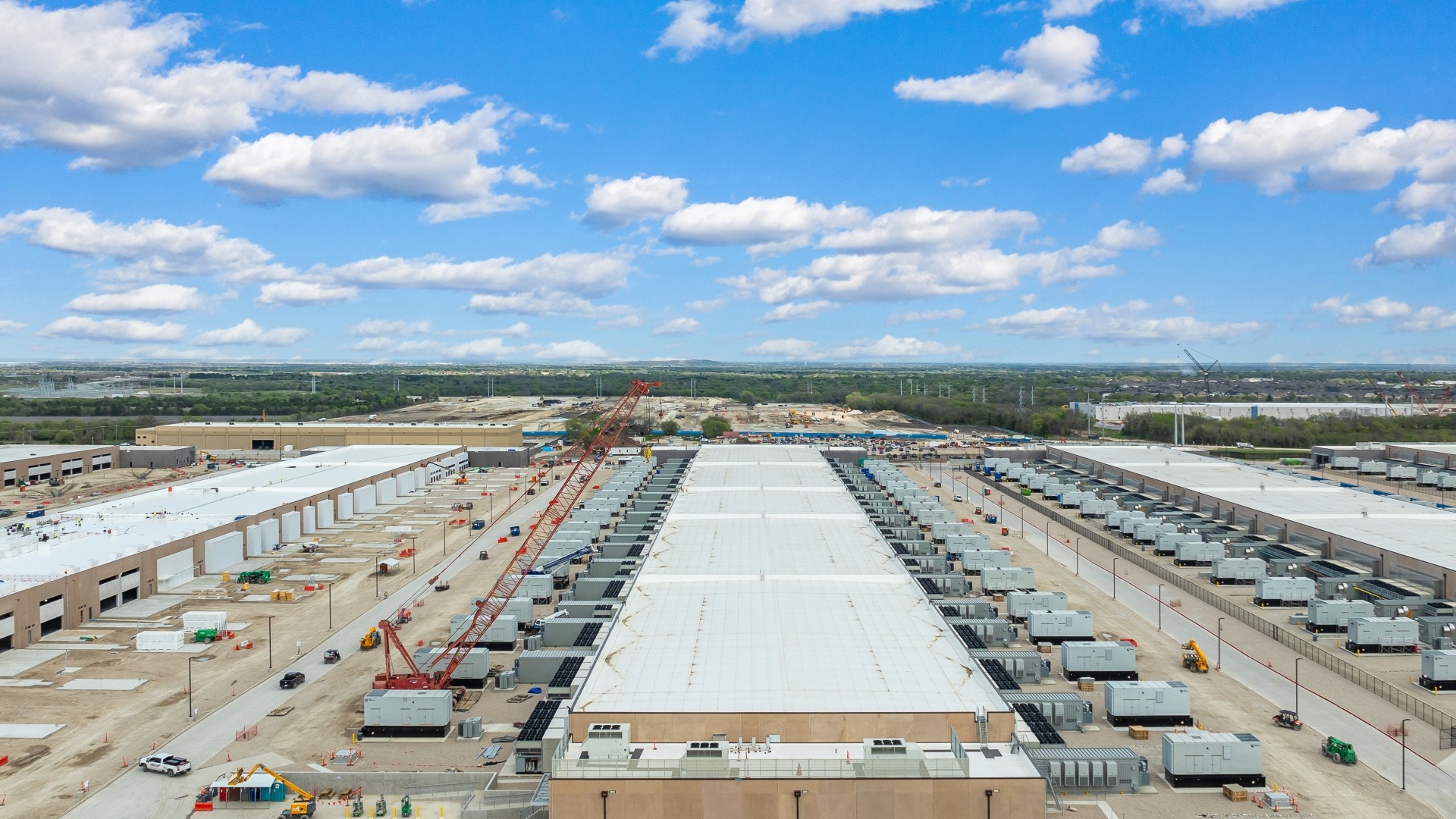Luis González: "We're experiencing the early stages of collapse."
- El Salto interviewed Luis González Reyes. Madrid activist Ekologistak Martxan published in 2018 the book Energia spirala (here you can read in full). The journalist Martin Cuneo has asked him about the shortage of raw materials, the energy crisis and the stoppages of the companies we are currently experiencing. We've summarized and translated a lot, the original here in Spanish.

Can we give a general explanation of the economic and social phenomena that are taking place at the same time?
I would say that all processes are related. The processes of increasing raw materials and shortage are closely related. Behind there are several variables, the first, that demand has been reactivated a little bit after the pandemic. And this has happened in the turmoil of global production chains, which need time to act as before.
A second element is that our global production and consumption chains are articulated with the way they work "right now", so there is hardly any frame. If there is no storage, you have to do everything and that cannot be achieved overnight.
A third variable is the specialisation of certain productions in territories and the inability to increase demand in these territories influences everything else.
The fourth factor is that the acquisition limit is being reached in different sources of energy and materials, which also generates a co-terminator in global production chains.
And you can cite a factor of five, which relates to the concrete policies that have been made in several countries, such as Russia, China or the United Kingdom.
That total connection of the world seemed to give us resilience and great adaptability, but what we're experiencing now is just the opposite. In stressful situations like the one we're seeing, instead of having a lot of responsiveness, we seem to have less, and somehow, all problems increase.
It seems that something has broken down by restarting the economy after the pandemic.
The pandemic has been an economic stoppage and this is a factor, but not the only one. To understand what is happening, it has to be seen that there is not only a health crisis that puts it all on its head, but also the climate crisis that worsens the situation and also the energy and material crisis that exacerbates chaos. There are several elements that are increasing and when we have a fragile system we suffer many stressful situations, this is more likely to get to the bottom.
To understand why car chips are missing, we need to know that production is concentrated in Taiwan and this country has not only suffered a pandemic, but is also having problems getting to raw materials and water because of climate change.
Economic recovery plans...
I do not believe that governments voluntarily put aside these special plans for economic acceleration, the US Federal Reserve and the European Central Bank have increased the money excessively. But it is not clear how long they will be able to maintain these plans when the situation becomes more and more difficult. You can make a lot of money, but it has to be in touch with economic activity, because otherwise, what you're creating is an increasingly large debt bubble, which will sooner or later burst.
The flight of an old Chinese can end capitalism...
I wouldn't say that capitalism ends, but maybe global capitalism ends. The globalized version of capitalism, with a high degree of interconnectedness, is about to die and has no choice, another thing is how and when it will die. But that doesn't mean the end of capitalism, because this can continue to be articulated at the local level, plus, with rather terrifying views.
What's happening now looks like the collapse you described in the book?
The question is whether we're already experiencing the collapse. In the book, we define collapse as a rapid loss of complexity in historical terms and a process that will last for decades. The loss of complexity can be measured with four meters: loss of population, loss of interconnection, loss of specialization and loss of information. In view of these four elements, we cannot say that we now have huge losses of population, of information, of specialization, but we have lost some interconnection, but not too much. We can therefore say that we are not in collapse.
I certainly believe that we are experiencing the early stages of collapse, not profound collapse, but we are in that dynamic. And what process is it going to be? Very open. It is very difficult to establish a sequence, as unexpected processes will occur. But what's likely to happen is that we'll meet the environmental limits. Within this logic, surely the first thing that will influence will be the economic-financial processes and then the economic-productive processes, aware that both are related, and other events that will occur later, such as urban crises. The key is that what once seemed impossible becomes possible.
Antonio Turiel fisikari eta CSICeko ikerlariak aspaldiko urteetan ez bezala bete zuen Hernaniko Florida auzoko San Jose Langilearen eliza asteazkenean. Zientoka lagun elkartu ziren Urumeako Mendiak Bizirik taldeak antolatuta Trantsizio energetikoaren mugak izeneko bere hitzaldia... [+]
Energiaren Nazioarteko Agentziak (IEA) astelehenean argitaratutako txostenaren arabera, %2,2 igo da energia eskaria 2024an aurreko urtearekin alderatuta, besteak beste, egiturazko arrazoi hauengatik: beroari aurre egiteko argindar gehiago erabili beharra, industriaren kontsumoa... [+]
Eusko Jaurlaritzak eta Arabako Foru Aldundiak Datu Zentroen instalazioei ateak irekitzen dizkiete horiek arautzeko legedia sortu aurretik. Bilbao-Arasur Dantu Zentroarekin, bere lehen fasea gauzatuta, eta instalatzea amesten duen Solariaren Datu Zentroarekin, 110.000 m2... [+]
Espainiako Estatuko zentral nuklearrak itxi ez daitezen aktoreen presioak gora jarraitzen du. Otsailaren 12an Espainiako Kongresuak itxi beharreko zentral nuklearrak ez ixteko eskatu zion Espainiako Gobernuari, eta orain berdin egin dute Endesak eta Iberdrolak.










